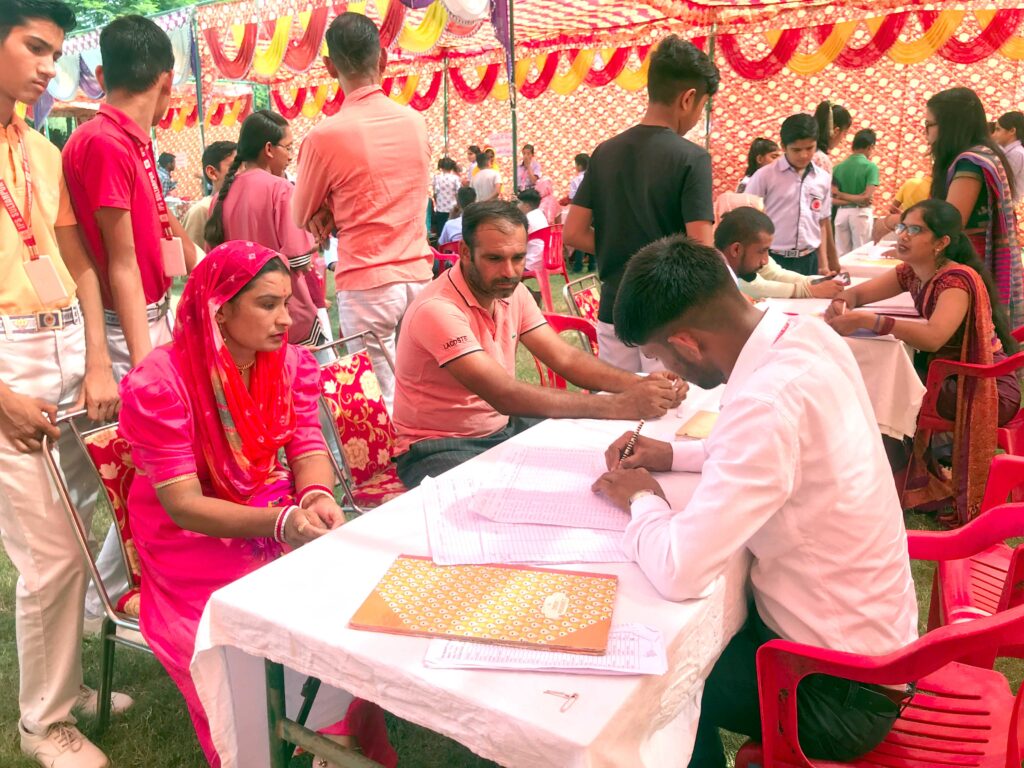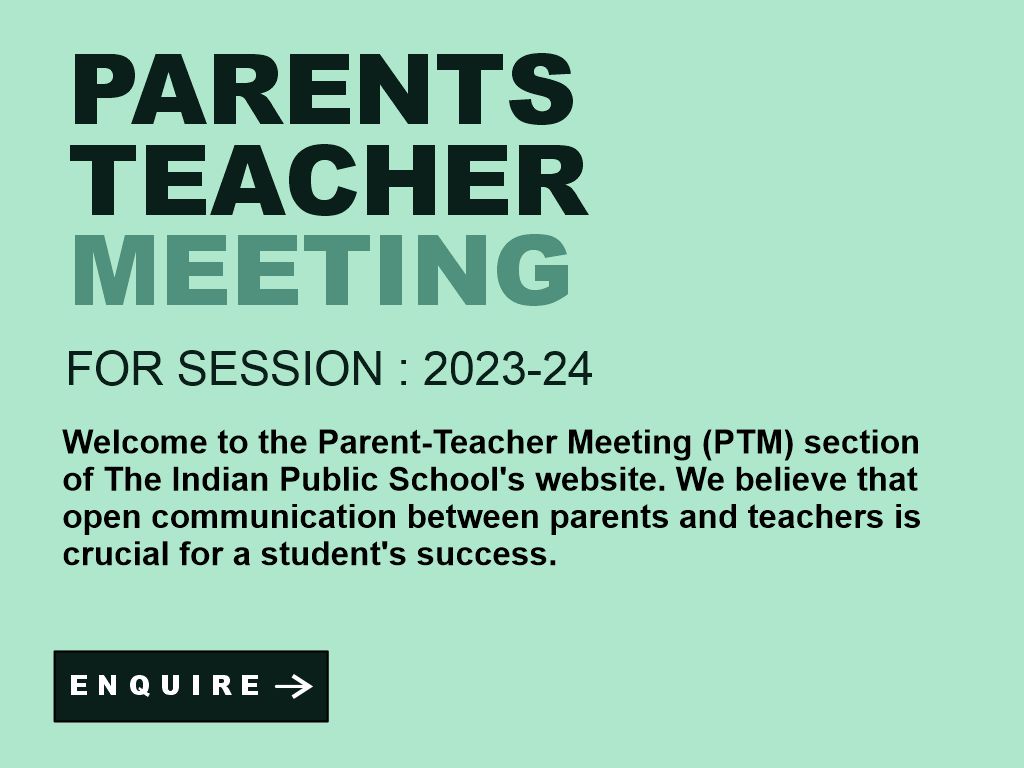

IMPORTANCE OF PARENT-TEACHER MEETINGS
Parent-Teacher Meetings (PTM) are a routine part of the school’s yearly calendar and play a huge role in shaping a child’s educational journey and future academic success. Parents know their children’s habits, difficulties and skills like no other. Teachers act as children’s second parents and observe them for hours every day in the classroom. When teachers and parents develop a strong bridge to help the child excel, it can create wonders. A parent-teacher meeting is a perfect way to discuss the child’s progress, the best ways to help the child, and exchange insights and thoughts about the child’s developmental milestones and academic progress. Here is a list of five reasons that explain these parent-teacher meeting importance:
They bring children closer to their parents.
With parents and teachers regularly collaborating in the educational development of their children, it provides an assurance to young minds that they have access to reliable support. These meetings help children to understand how deeply their parents care about them and are committed to their well-being. In addition, if parents and their children are going through a rough patch at home, teachers may discuss the problem in a non-judgmental manner and bring them closer through counselling and guidance. As, IPS SULTANPUR is the best school of the region. we believe in strengthening the bond between parents and their little ones at all stages and hold parent-teacher meetings every three months.
Teachers can easily identify potential issues during parent-teacher meetings before they escalate into severe problems. They listen to parents talk about their children in their home environment and understand their daily habits and behavioural patterns. Educators have the capability to comprehend the source of particular issues their students are facing, including mental health struggles and any behaviours that may be detrimental. They can discuss this thoroughly with the parents and devise ways to tackle such a situation. Similarly, communication with teachers about their children’s behaviour in school can help parents to understand why children may act or misbehave in certain situations at home and how they can react appropriately. It helps to create positive change in the lives of children and improve their emotional well-being.
A child’s talents and areas of strength can be explored through meetings.
A wise educator tries to find students’ strong points and discuss the same with their parents during parent-teacher meetings. For example, if a student is found to have a great knack for dancing, a teacher may ask the parents to enroll them in a dance class to explore this talent. If a child is an adept Maths problem solver, a PTM allows the teacher to suggest how they can participate in Maths competitions and sharpen their skills. Many schools providing pre-primary education in India, such as IPS SULTANPUR, aim to enhance student’s talents and special skills right from their childhood and ensure to include such discussions with parents during the meetings.
These are known to lead to better academic performance.
When teachers communicate with parents and get to know each student better, they can make well-informed choices about what and how to teach the student. Teachers can receive information regarding the learning pattern, academic difficulties and room for improvement. This certainly boosts the academic interest of students. It leads to better grades and a deeper knowledge of the subjects they study. Similarly, parents can pick up teaching techniques that work well for their child in the classroom and duplicate them at home to reinforce the child’s learning.
Meetings between teachers and parents facilitate the students to excel.
Parent-teacher meetings encourage students to work on themselves, improve their academic performance and widen their skills. They get a sense that their teachers and parents are observing them closely and rooting for their best performance, academically and in extracurricular pursuits. When parents and teachers appreciate them, discuss their performance, try to solve their difficulties, and give them special attention, they are more likely to progress by leaps and bounds.
From the above, we can conclude that the importance of parent-teacher meetings is something that all educators and parents must keep in mind.
